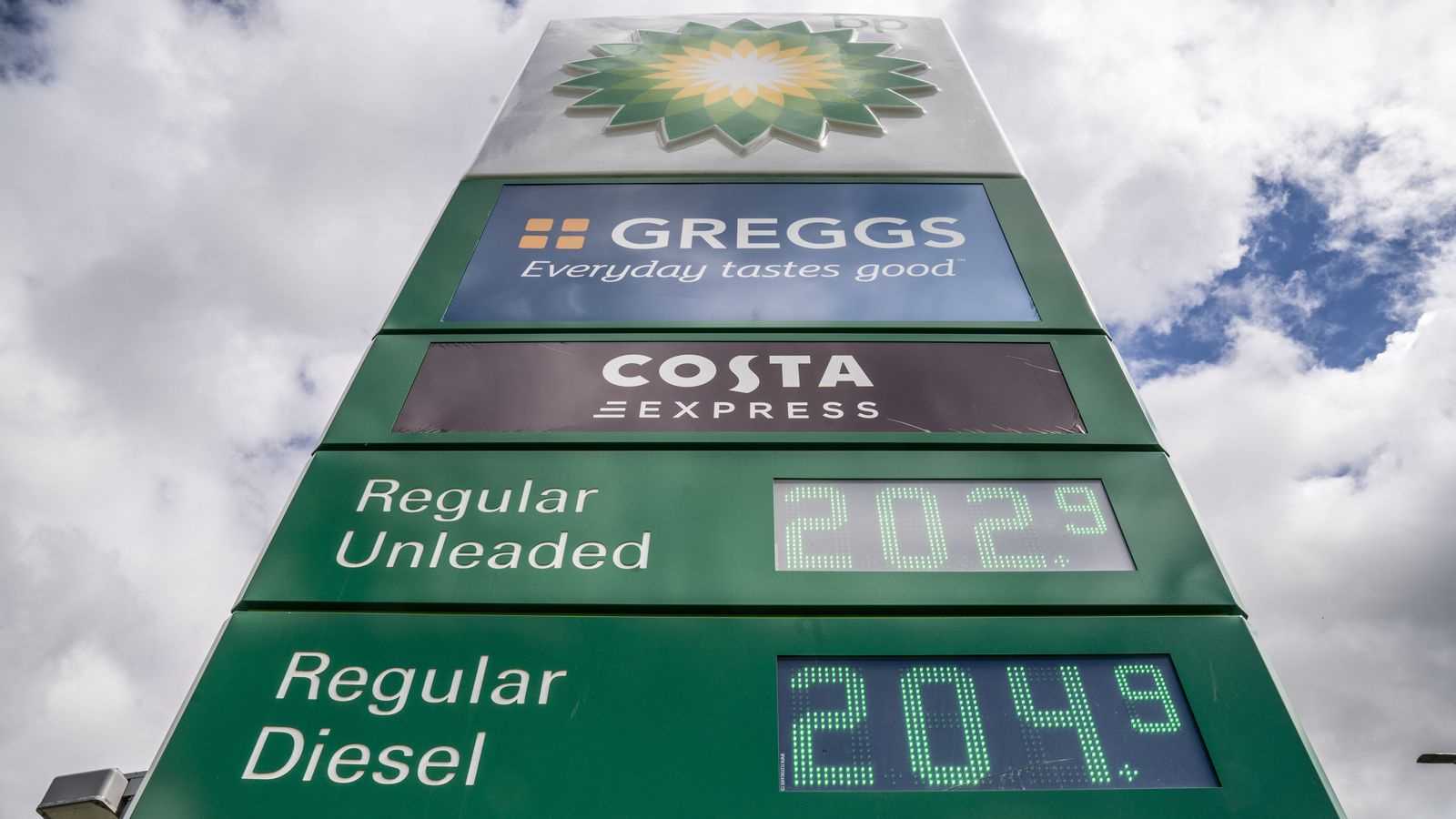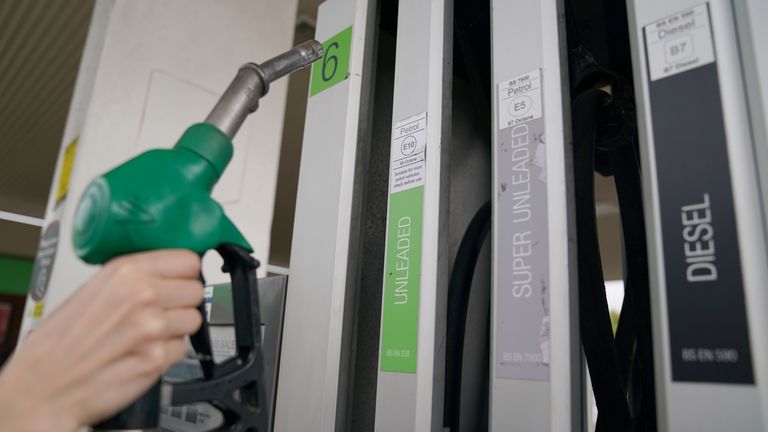More than eight million households will start receiving the first of two payments intended to help with the cost of living today.
Almost one in four low-income households in England, Wales, Scotland and Northern Ireland will get £326, with the second instalment of £324 sent this autumn as part of the government’s £37bn support package.
Those entitled to the cash will be paid automatically and do not need to apply.
This means that, combined with other support, millions of low-income households across the UK will receive at least £1,200 from the government by Christmas to ease cost of living pressures.
On top of that, nearly one in ten people will get a £150 disability payment this autumn, and more than eight million pensioner households could get an extra £300 from Winter Fuel Payments in November and December.
And from October, £400 will be taken off households’ energy bills.
In addition, the threshold at which National Insurance kicks in increased from £9,880 to £12,570 on 6 July.
However, that followed a 1.25 percentage point increase in NI from April to help pay for health and social care.
Prime Minister Boris Johnson said: “Just as we looked after people during lockdown, we will help them get through these tough economic times.
“Today’s payment is the signal to millions of families that we are on their side and we have already promised more cash in the autumn, alongside other measures – including our Help for Households – to support the vulnerable and ease the burden.”
Chancellor Nadhim Zahawi said: “It’s great that millions of the families who are most in need are starting to receive their cost of living payments, which I know will be a massive help for people who are struggling.”
The need for such support is underlined by figures from the Office for National Statistics, which found in late June and early July that 91% of adults in Britain said their living costs had increased over the previous month.
Just under half (49%) said they were buying less food and 48% said they had to spend more than normal to get what they usually buy.
In addition, the majority had taken at least one action to save energy in the past year.
The Office for Budget Responsibility has warned of a potential recession, with “soaring energy costs” and “geopolitical tensions” in the mix.
It said: “Many threats remain, with rising inflation potentially tipping the economy into recession, continued uncertainty about our future trading relationship with the EU, a resurgence in COVID cases, a changing global climate, and rising interest rates all continuing to hang over the fiscal outlook.”

